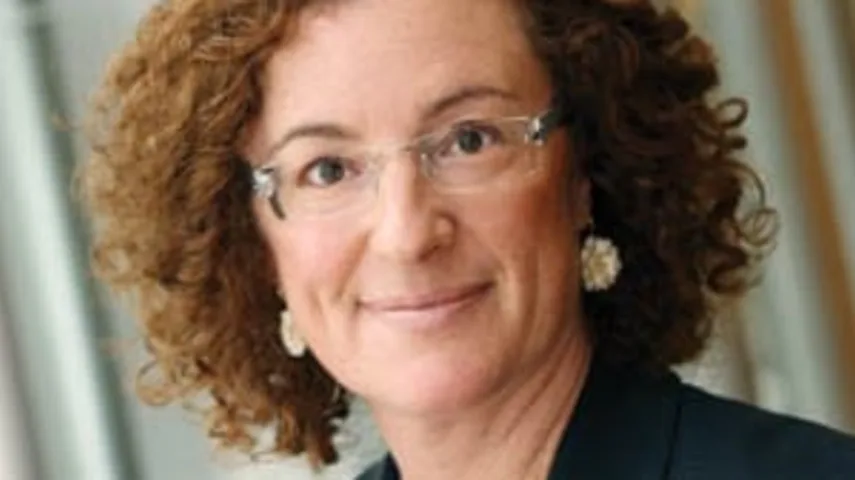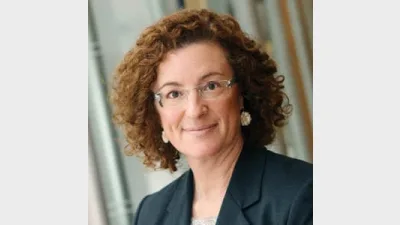Building Blochs of change



SMOOTH sailing would not be an accurate way to describe Jo-Anne Bloch’s first four months as the Financial Planning Association’s (FPA) new chief executive after the resignation of Kerrie Kelly from the position.
As Bloch relocated from the United Kingdom in time to officially assume the role on June 12, the industry sat licking its wounds after the release of another negative shadow-shopping report combined with the aftermath of the Westpoint collapse.
But Bloch remained optimistic and determined, even when faced with criticism concerning her lack of experience and direct involvement in financial planning, which some industry spokespeople thought might hamper her ability to understand issues pertinent to the profession.
The former deputy chief executive of the Investment and Financial Services Association reassured FPA members that she was committed to the industry and the challenges that lay ahead.
These challenges became clear not too long after in the form of three surveys into the FPA’s performance. The results were mainly negative and included the association’s own research that showed its members felt it was not doing enough to promote the value of advice or the profession.
Acknowledging that she had come across similar sentiment before regarding the professional body, Bloch said she would be making organisational and policy changes to address the issues.
“We need to value all research that’s out there and at the moment it’s not good, but we need to learn from that,” she said.
“Let’s not forget also that a lot of the focus in the last couple of years has been on stabilising the FPA itself, but now that we are a stable and financially viable association, we need to take things to the next level and establish the fact that we are focused on our members.”
But it has not been all bad news for the association, with Bloch’s headshot appearing in Money Management on numerous occasions for the FPA’s positive achievements on behalf of the industry.
One such success, according to Bloch, has been the public’s feedback from the association’s Value of Advice campaign featuring anti-hero Dazza, in which statistics show that 150,000 Australian consumers are now more likely to talk to a professional financial planner as a result.
Phase two of this marketing program has just been released and appears to be a counter measure against the industry superannuation funds’ own advertising campaign, although the success of the FPA’s ‘compare the pair’ advertisements is yet to be determined.
Bloch has also been active with the FPA’s submission to the Parliamentary Inquiry into the Structure and Operation of the Superannuation Industry.
She has also overseen changes to the certified financial planner designation, so that its requirements better reflect that of a typical career progression, as well as co-ordinating the revision of the FPA’s guide to Statements of Advice development.
And for the future direction of the organisation? One of her plans is to push for a co-regulatory approach with the Australian Securities and Investments Commission in an effort to raise the professionalism of the industry, which she cites as “our biggest challenge”.
— Sara Rich
Recommended for you
In this episode of Relative Return Insider, host Keith Ford and AMP chief economist Shane Oliver discuss the latest shock consumer price index numbers, which rose to 3.8 per cent in October, as well as the shifting US market and calls for super funds to invest in infrastructure projects.
In this episode of Relative Return Insider, host Keith Ford and AMP chief economist Shane Oliver discuss the Reserve Bank of Australia’s cautious stance in response to persistent inflation, subdued growth prospects, and political shifts affecting the nation’s journey towards net zero emissions.
In this episode of Relative Return, host Laura Dew speaks with Rachel White, head of financial adviser services at Vanguard about how advisers can help Australians to feel confident in retirement.
In this episode of Relative Return Insider, host Keith Ford and AMP deputy chief economist Diana Mousina take a look at the Reserve Bank’s unanimous decision to leave rates on hold on Melbourne Cup Day and whether future cuts are still on the cards.








